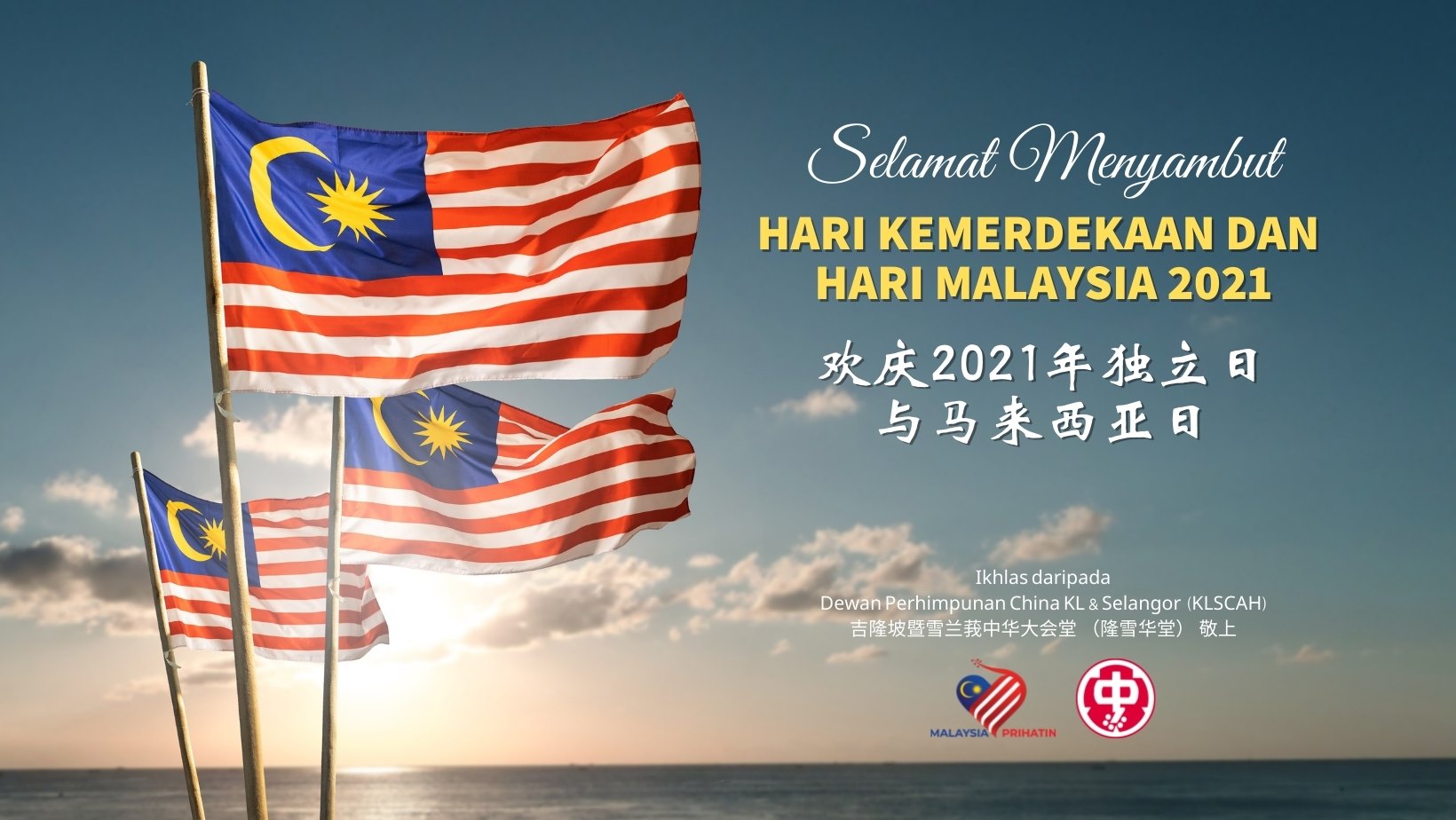On Aug 21, 2021, Ismail Sabri was sworn in as ninth Prime Minister (PM) to our nation at Istana Negara, and declared the vision of “Keluarga Malaysia”. Whether the dream of “Malaysia, One Family” can be realised or reduced to a slogan on paper, it will only be clear by today’s date of next year.
Following the signing of the Memorandum of Understanding (MoU) between the new PM and Pakatan Harapan (PH) on Sep 13 (Mon), which is indeed a Confidence and Supply Agreement (CSA), the Kuala Lumpur and Selangor Chinese Assembly Hall (KLSCAH) believes that “Malaysia, One Family” must be proven to be more than just a slogan by the new PM and his cabinet before Malaysia Day next year. That is to say, within one year, through specific bills, policies and implementation, “Malaysia, One Family” must be proven to be more than just a slogan.
Within the spirit of Malaysia Day, all federal governments – and the governments of Sabah, Sarawak – must commit themselves to the implementation of the 1963 Malaysia Agreeement (MA63) and relavant policies in the year forward.
KLSCAH believes that the PM Ismail Sabri must submit a constitutional amendment in Parliament within the next six months, by restoring Sabah and Sarawak to the same historical statuses, like the West Peninsula (formerly Malaya). Former PM Muhyiddin Yassin pointed out that Sabah and Sarawak are “regions” and not “states” during an official visit to East Malaysia back in April. The former PH government even submitted a constitutional amendment for the restoration of Sabah and Sarawak as a territory in 2019. However, Gabungan Parti Sarawak (GPS) – the leading party – abstained from voting. The amendment fell through, because it failed to pass the two-thirds majority vote for constitutional amendments.
Nowadays, Sabah and Sarawak are “restored territories” without amendments to the constitution. KLSCAH calls on PM Ismail Sabri to submit a constitutional amendment for the “Restoration of Sabah & Sarawak as Territories” during Dewan Rakyat sitting.
According to the MA63, Sabah and Sarawak’s original statuses should have been restored. This is not just a mere restoration of statuses. With this amendment, Sabah and Sarawak can have more equitable access to the country’s resource allocation, and protection of rights and interests, including substantive decision-making power and autonomy. At the same time, it will reduce the gap between east and West Malaysia, the rich and the poor, as well as the development gap, thus further strengthening a more robust recognition of the Malaysian identity.
KLSCAH Statement
15 September 2021


 中文
中文 BM
BM